| December 21, 2017 |
no comments
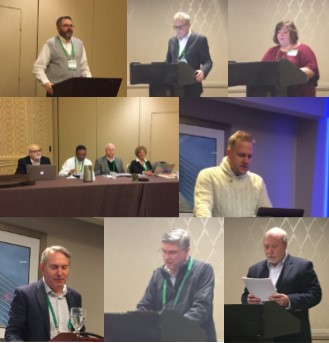
Rick Wadholm Jr. gives a short review of the 2017 sessions of the Society for Pentecostal Studies during the annual meeting of the Society of Biblical Literature.
I was privileged to attend three of the Society for Pentecostal Studies sessions during the annual meeting of the Society of Biblical Literature in Boston, Massachusetts on November 18-20, 2017. The three sessions were excellent examples of ways that Pentecostal scholarship continues to advance Pentecostal concerns and to engage the wider scholarly community as such. The sessions were all engaging and well attended (with the rooms either filled to capacity or very nearly). The attendees were not only Pentecostal scholars, but also those who had interest in the paper presentations and themselves engaged (sometimes for a first time) with the Pentecostal/Renewalist scholars presenting. SPS provides a wonderful opportunity for Pentecostal scholars and scholars of Pentecostalism/s to participate in conversations within the academy and to further research in a multitude of avenues (as evidenced by the presentations laid out all too briefly below).
Pentecostal scholarship continues to advance Pentecostal concerns and to engage the wider scholarly community.
The first session (Saturday, November 18) was entitled “Pentecostal Readings in the Hebrew Bible” and was presided over by Van Johnson. David Hymes presented a paper entitled “Reception History of the Book of Numbers within the Early Pentecostal Tradition.” This paper offered a sketch of early Pentecostal interpretation of the Book of Numbers describing some of the “thematic concerns” and “hermeneutical methods that were used.” Hymes is forwarding the work on Numbers among Pentecostals (where he is currently writing a commentary) through such a project. He reminded those present of the many ways that Numbers deserves a better hearing and appropriation with the Pentecostal tradition. The second paper was presented by Meghan Musy and entitled “A Pentecostal Reading of Psalm 28: Praying Through and Being Heard” Meghan Musy offers a “lyric poetic approach” to her reading of Psalm 28 as a way to hear the many voices of the Psalm. This counters the way this psalm (among others) has been forced into various genre categories that do not allow the full spectrum of voices to be heard equally. The redactive and form critical approaches offer another text that is not nearly as conducive to hearing this text in all of its variegated voices without muting some or elevating others. She offers that her “lyric poetic approach, informed by Pentecostal experience and perspective, hears the desperate plea coupled with praise” allows for the prayers, praise and pleas to move to testimony in a manner similar to Pentecostal appropriations of “praying through.” The final paper of this session was given by Lee Roy Martin on “Psalm 150 and Pentecostal Spirituality.”
Lee Roy Martin offers a Pentecostal hearing of Psalm 150 via its affective dimensions and through early Pentecostal hearings of this text. He proposes the many ways this text integrates “orthodoxy, orthopraxy, and orthopathy” for Pentecostal expressions of worship.
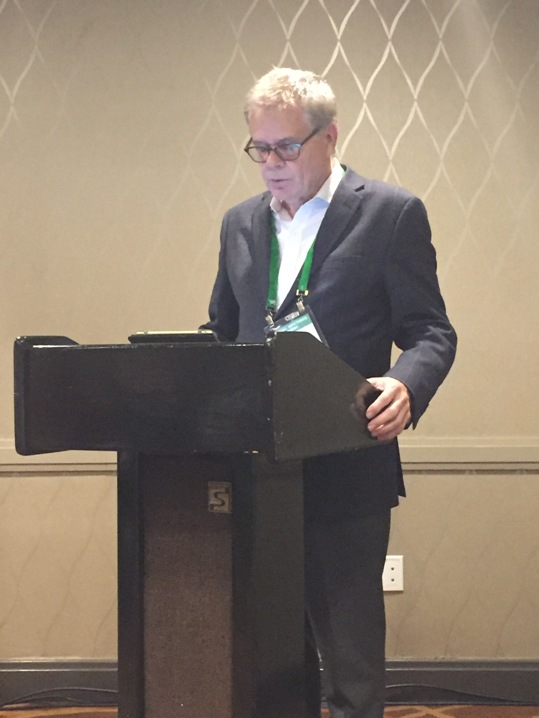
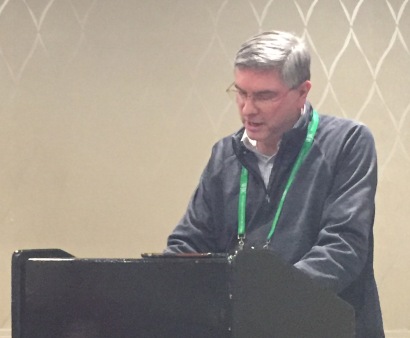
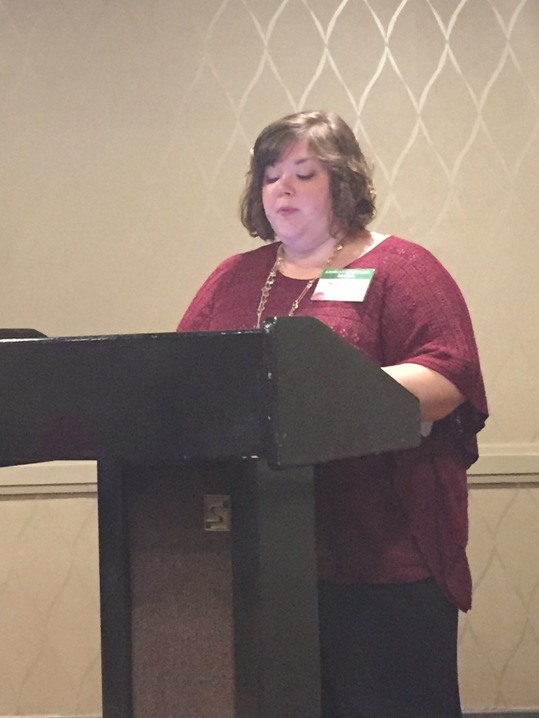
From left to right: Van Johnson; David Hymes; Meghan Musy.
Tags: 2017, sbl, sps
Category: Fall 2017, In Depth
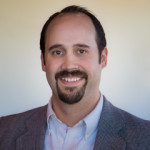
About the Author: Rick Wadholm Jr., Ph.D. (Bangor University, Wales, UK), is Associate Professor of Old Testament at Assemblies of God Theological Seminary. Rick has pastored several rural congregations in North Dakota and Minnesota for 22 years and is ordained with the Assemblies of God (USA). He is a regular speaker for churches, camps and conferences. He enjoys reading and discussing theology and Biblical Studies, most particularly the works of Dietrich Bonhoeffer and Karl Barth. Rick is an active member of the Institute for Biblical Research, the International Bonhoeffer Society, the Society of Biblical Literature, the Society for Pentecostal Studies, and was the Executive Editor of The Pentecostal Educator published by the World Alliance for Pentecostal Theological Education (2013-2019). Rick is author and editor of numerous articles and books. He has helped found the Society for Pentecostal Studies Student Caucus. He also enjoys blogging on topics of translation, Biblical studies, pastoring and theology by contributing to four different blogs—his personal blogging adventures hosted at rick.wadholm.com. Facebook. Twitter.






